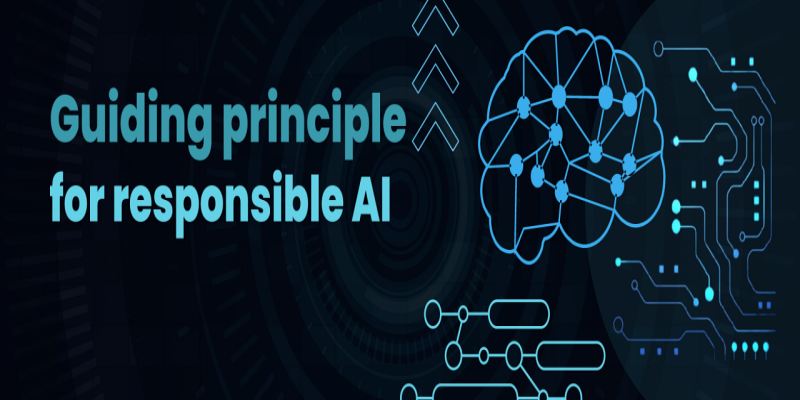Applying Responsible Tech Principles to AI

Artificial Intelligence (AI) has topped Gartner’s Top 10 Strategic Technology Trends for 2024. Not only is it on the list, but AI augmentation and democratisation underscore many of the dominant trends.
It is acknowledged that the benefits of AI are potentially far-reaching, from enabling businesses to digitise more efficiently (providing customers with a more personalised and streamlined experience), to reducing the carbon impact of our networks. That AI is powerful is indisputable, but how best to wield it in a responsible and ethical way remains up for debate.
At BT, we believe that AI should be combined with human intelligence, governed by safe and ethical standards to unlock value for our customers and colleagues in alignment with our purpose to ‘connect for good.’
AI is already reshaping the world of work for the foreseeable future. Our joint research with Cisco found that 78% of business and IT executives now view AI and virtual assistant technologies as a new workplace colleague in supporting team members. Therefore, it’s business-critical to support our colleagues as the transition to AI in the workplace takes effect. Additionally, it’s similarly important to underscore that AI-infused solutions will create new roles that require evolved skills, opening opportunities to up and reskill, including in roles that AI will augment or create.
To harness AI for growth, every organisation needs to play their part through responsible adoption at scale and for the benefit of all. At BT, our responsible AI approach is built on strong foundations of data governance, privacy, security, sustainability, and woven into our data fabric – a key enabling platform that helps streamline and embed these principles in the way data is accessed and used across our business.
One example is our recently launched Global Fabric. This platform showcases ethical AI integration and its tangible benefits, notably enabling a potential 79% reduction in electricity usage – a consequential step towards cutting Scope 3 carbon emissions – achieved through its AI-powered digital orchestration layer.
By combining human intelligence and artificial intelligence, organisations can truly harness the power of AI when leveraged safely and ethically to the benefit of employees, end users, and the broader community at large.
By Todd Schoeman,
BT Client Business Director in South Africa.
